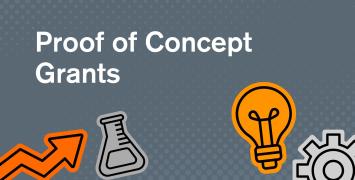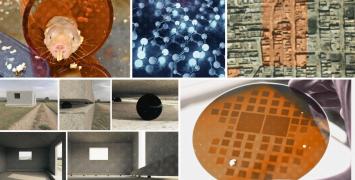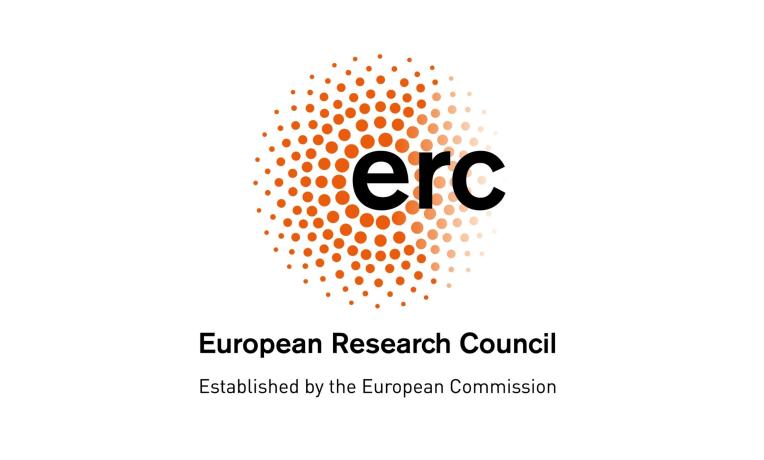
Automated improvement of business processes

© Istockphoto
Making business processes more efficient and agile is of vital importance for modern organizations. Process analysts are often requested to identify new opportunities to streamline current procedures. To do so, they typically have to carry out manual and partial analyses of improvement ideas derived from experience and intuition. Oftentimes, it is not the best idea that gets implemented, but rather the one that looks most appealing at first glance.
Marlon Dumas, at the University of Tartu, intends to develop a new-generation tool that would be able to discover new opportunities for process improvement. The new method, will rely on a systematic, automated exploration of potential improvements, based on algorithms that will analyse data on the execution of processes. The method will combine machine learning and optimization techniques to ensure that all possible improvement opportunities are considered and that only the best opportunity is selected.
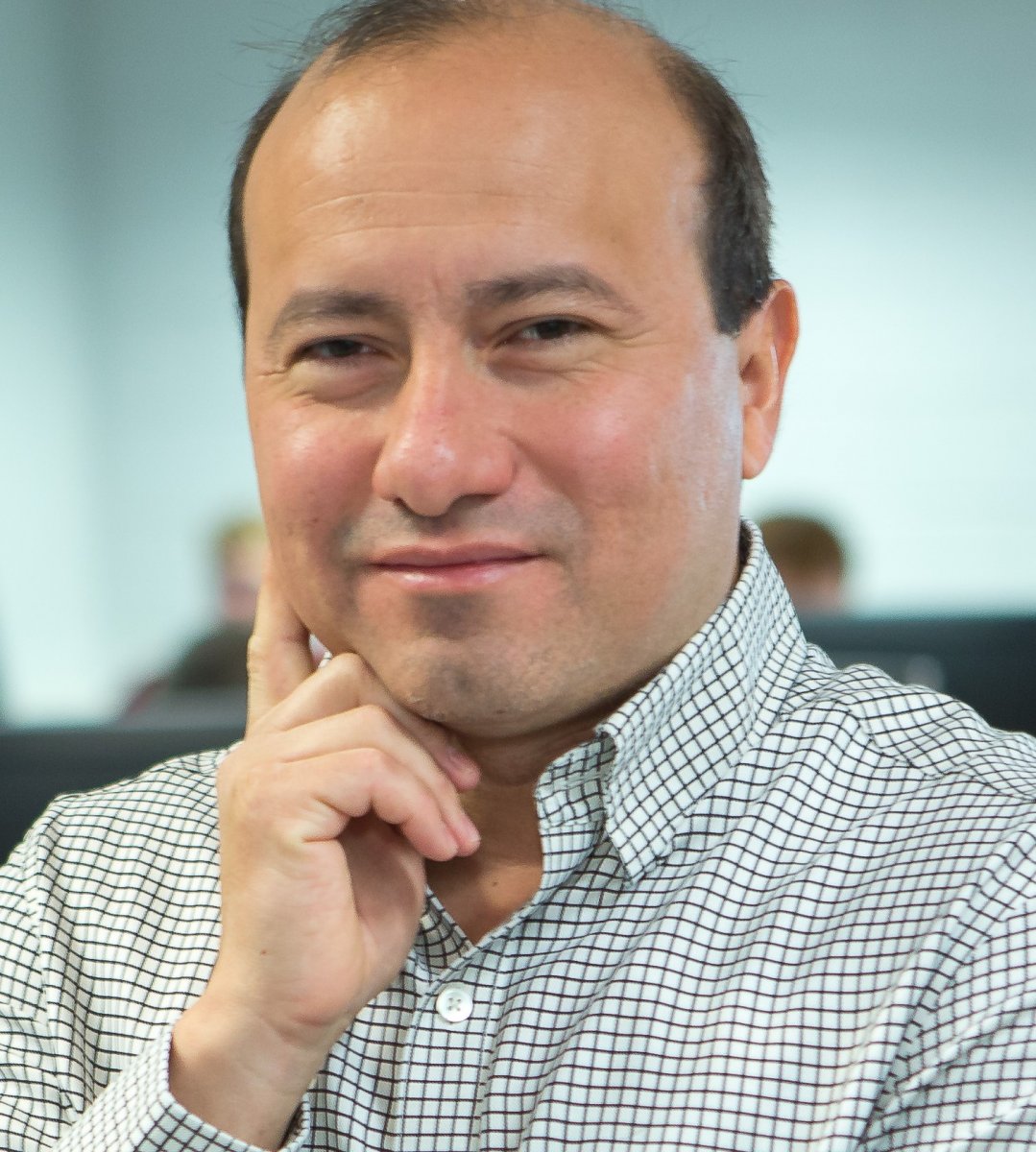
Project: The Process Improvement Explorer: Automated Discovery and Assessment of Business Process Improvement Opportunities (PIX)
Researcher: Marlon Dumas
Host Institution: University of Tartu, Estonia
ERC Funding: € 2,349,965 for five years
Improving generation and storage of renewable energy

© Istockphoto
To limit global warming to 2°, by 2050 we will need to provide 65 % of our energy mix from renewable energies such as wind or solar power. But most renewable energies are only generated intermittently, and lack the long-term storage capacities for any excess energy they produce. Moreover, energy generation from combustion will still be key to the energy mix in 2050. Dr Thierry Poinsot of CNRS proposes to use the remarkable combustion properties of hydrogen (high flame speed, fast ignition, zero carbon dioxide emissions) to solve these issues.
He will first develop new combustion systems, or retrofit existing ones, in order to burn hydrogen produced by excess power. This will create the opportunity to use renewable energy maintained in high-capacity storage over virtually unlimited periods. Secondly, he will use hydrogen to improve the performance of combustion chambers that burn H2 with fossil fuels, thus reducing pollution and noise, while improving stability, operability and efficiency. SCIROCCO will concentrate on two applications with strong societal impact: small, laminar flames, typically used in stoves or domestic appliances – and turbulent, swirled two-phase flow flames, similar to gas turbines used in helicopters or aircraft engines or for power production.
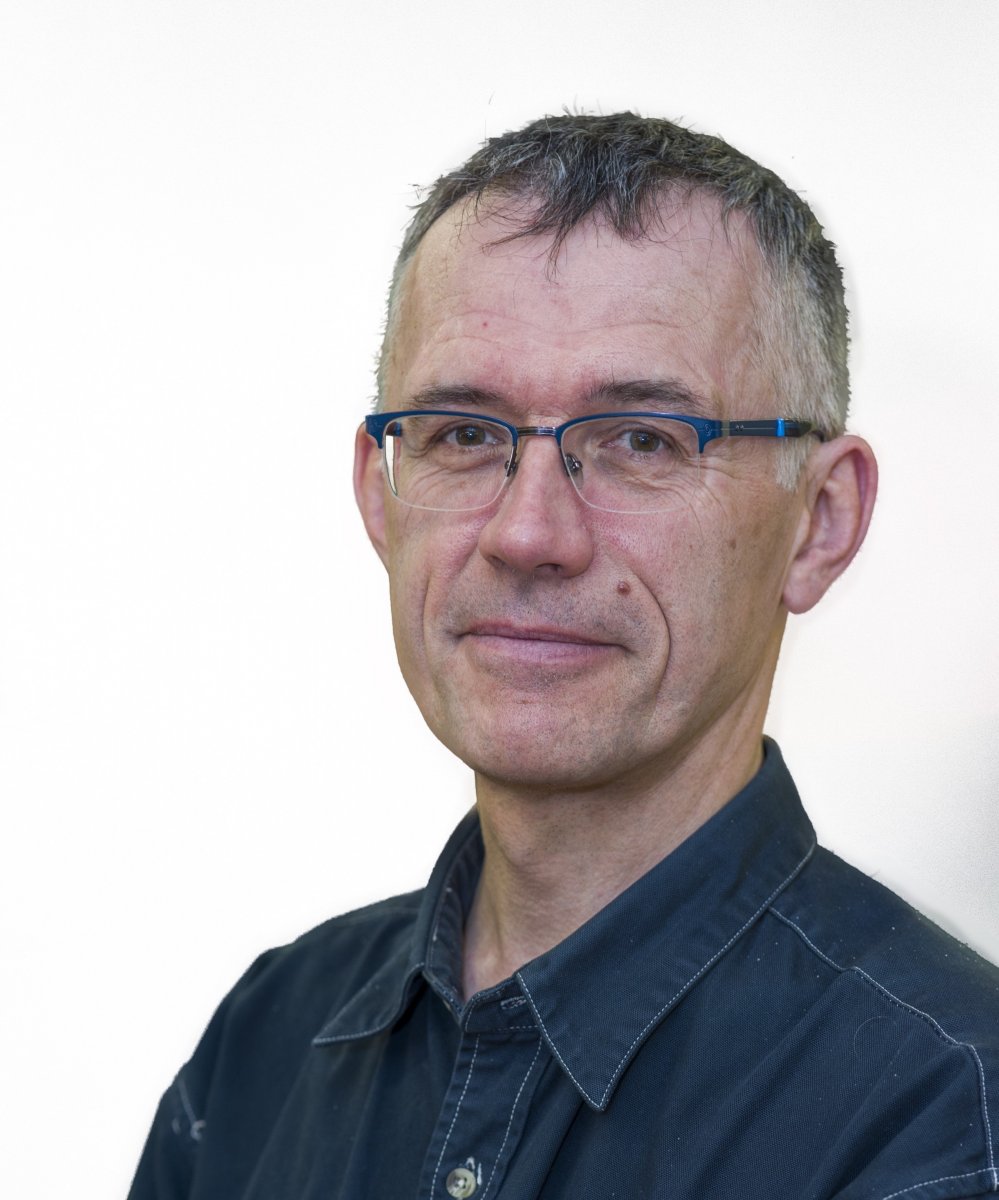
Project: Simulation and Control of Renewable Combustion (SCIROCCO)
Researcher: Thierry Poinsot
Host Institution: Centre National de la Recherche Scientifique (CNRS), France
Funding: € 2,495,335 for five years
Rewriting the history books

© Istockphoto
The rights of women today are deeply rooted in the struggles of generations of women from the past. So why are their battles not a bigger part of the way we study and understand history? Prof. Susan Carin Zimmermann, from the Central European University, aims to provide a new vision of the role of women’s activism, in particular in the field of labour rights in Eastern Europe.
Prof. Zimmermann explores this region and its great political and social change, over a century that brought incredible transformations from the age of empires through the Cold War to the advent of neoliberalism. With her new ERC Advanced Grant, she hopes to shine a spotlight on the important role working class women and their battles played in the fight for social and gender justice through this tumultuous era, moving them to the centre of our history books.
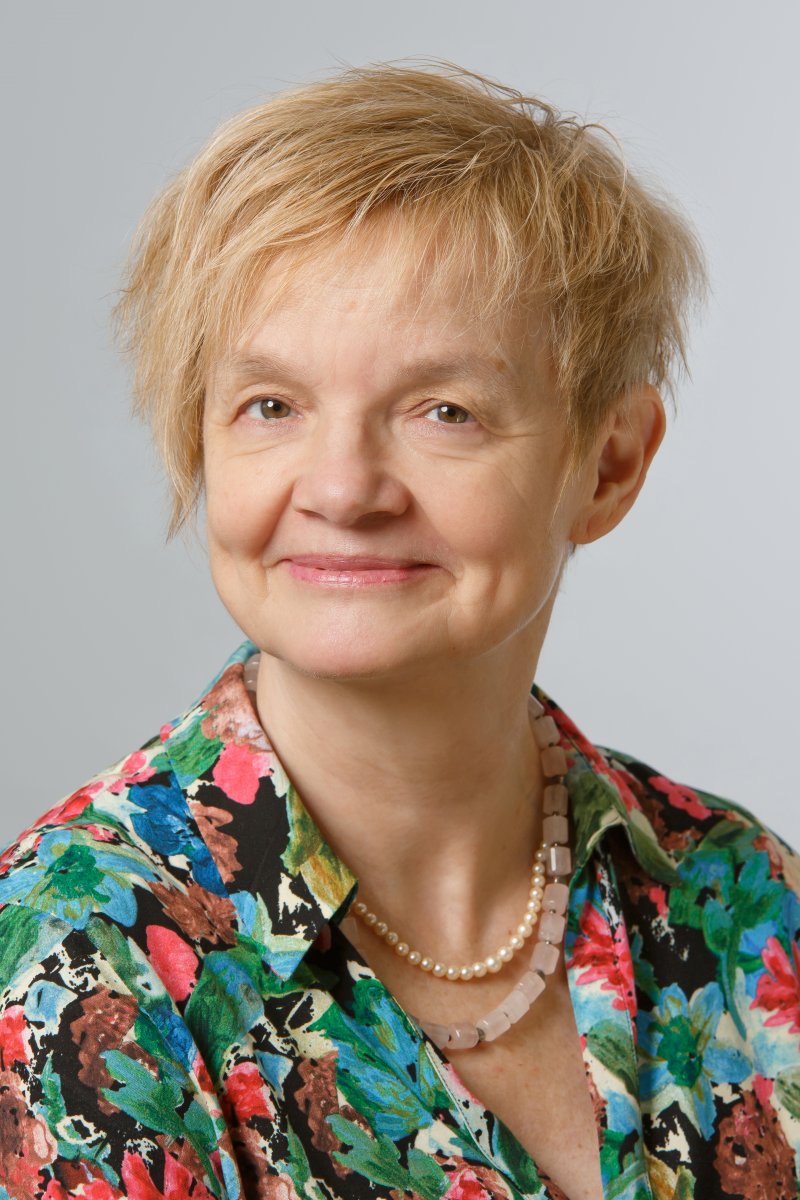
Project: Women’s labour activism in Eastern Europe and transnationally, from the age of empires to the late 20th century (ZARAH)
Researcher: Susan Carin Zimmermann
Host Institution: Central European University (CEU), Hungary
ERC Funding: € 2,499,947 for five years
How to preserve a healthy biological clock in modern society
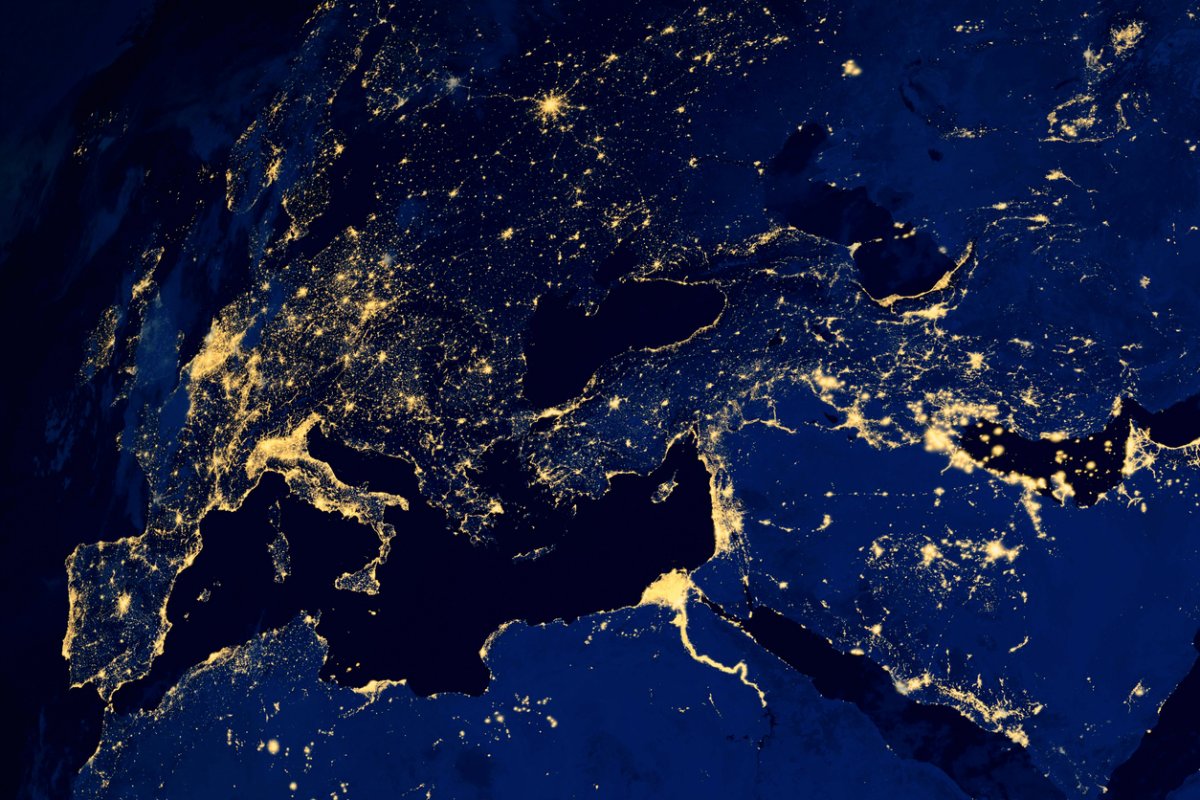
© Istockphoto
Our homes, our offices, our cars, our cities - they all emit light. This large amount of artificial light is influencing the biological clocks of all living creatures, sending confusing signals of when we should be active, and when we should stay in bed. Many severe health disorders are consequences of this change - diabetes, sleep and mood disorders, immune and cardiovascular diseases – but, with her new ERC Advanced Grant, Prof. Johanna Meijer hopes to get us back to sleeping healthily.
By understanding the biological clock of diurnal animals, like us, and comparing it to nocturnal animals who respond to light cues in the opposite way, she will try to reprogram our rest patterns. Her results will deeply improve the lives of the people most vulnerable to sleep disorders: the elderly, patients in intensive care, but also nurses, doctors, bus drivers, shift workers and everyone who has ever battled with the alarm clock.
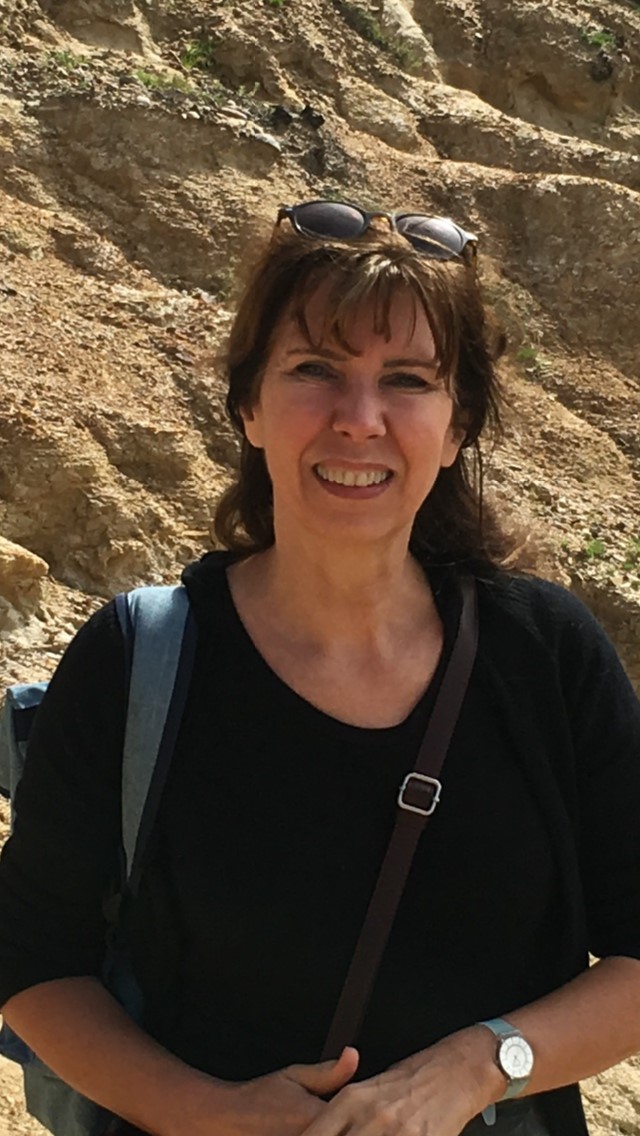
Project: The circadian clock in day-active species: preserving our health in modern society (DiurnalHealth)
Researcher: Johanna H. Meijer
Host Institution: Leiden University Medical Centre, Netherlands
ERC Funding: € 2,233,251 for five years
Using the wisdom of crowds to make cities smarter

© Istockphoto
Cities of the future will need citizens to be more actively involved in the digital monitoring and management of traffic, resources and waste as well as urban and community services, if they want to successfully manage challenges such as climate change, large-scale migration, population growth, sustainability and resilience.
This is the premise of Dr. Dirk Helbing, a Computational Social Science professor at ETH Zurich, who will use his ERC Advanced Grant to establish whether digitally assisting citizens to self-manage smart city applications can be more effective than a centrally managed approach.
For this, it will be crucial to work out how to catalyse processes promoting collaborations between companies and citizens and elevating them to a more professional level. The project will also ask how competitive these digital societies would be when based on values such as freedom, equality and solidarity as compared to a centralized digital management. For example, could citizen participation promote a circular and sharing economy?
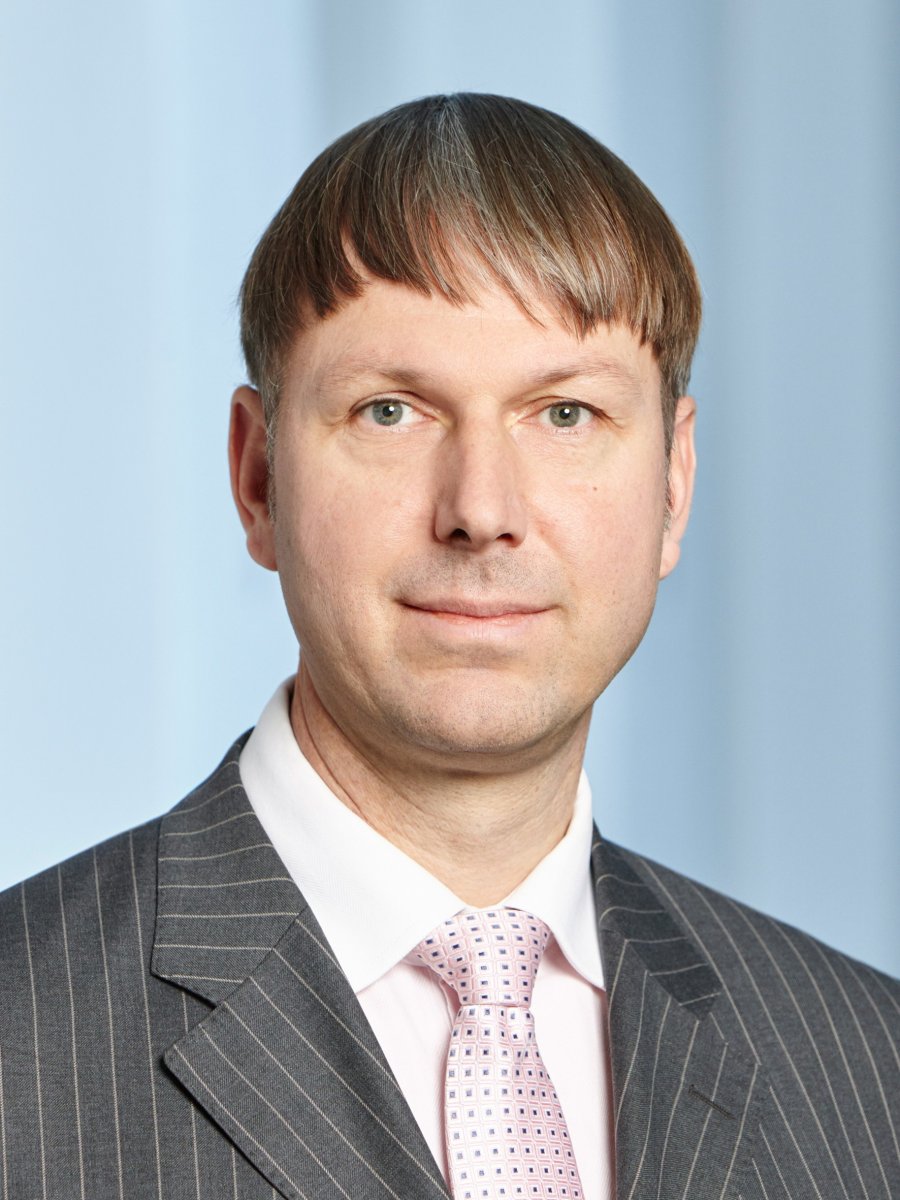
Project: Co-Evolving City Life (CoCi)
Researcher: Dirk Helbing
Host Institution: ETH Zurich, Switzerland
ERC Funding: € 2,499,500 for five years


